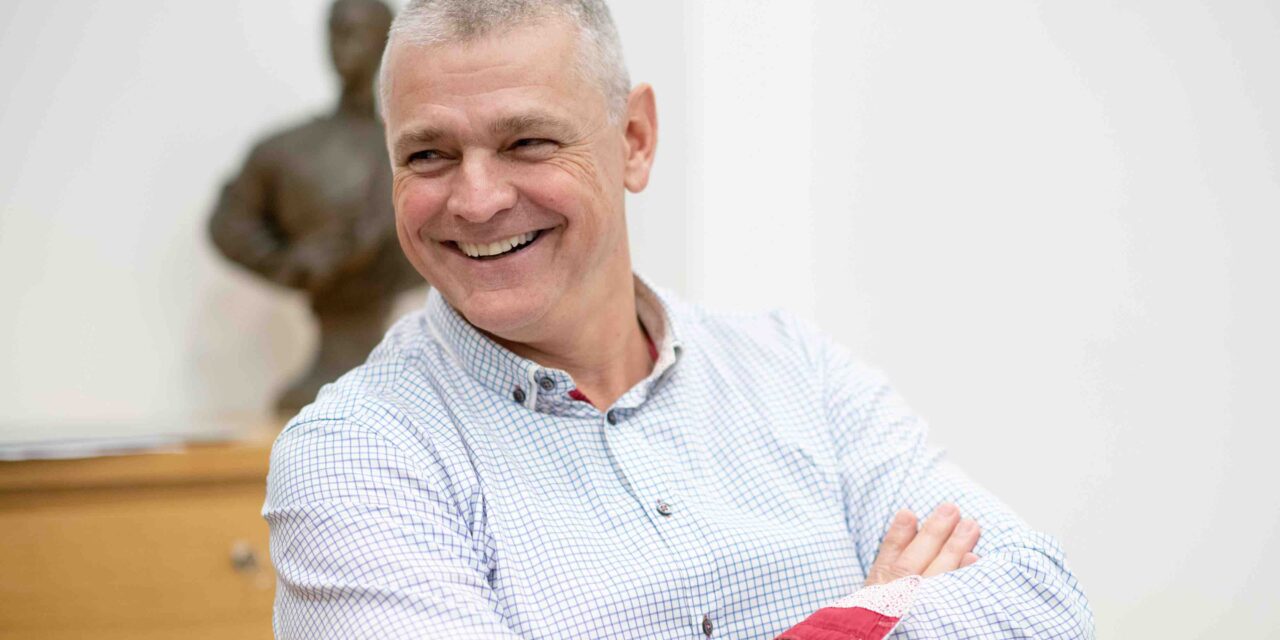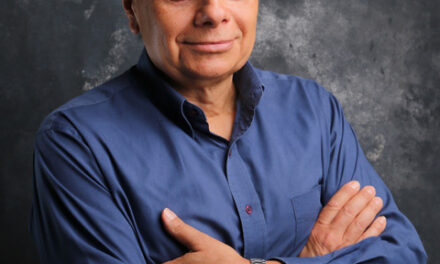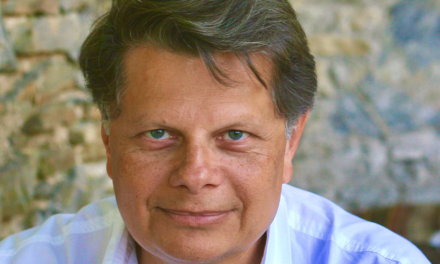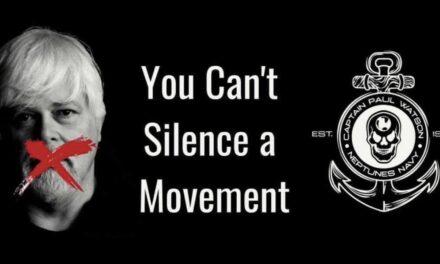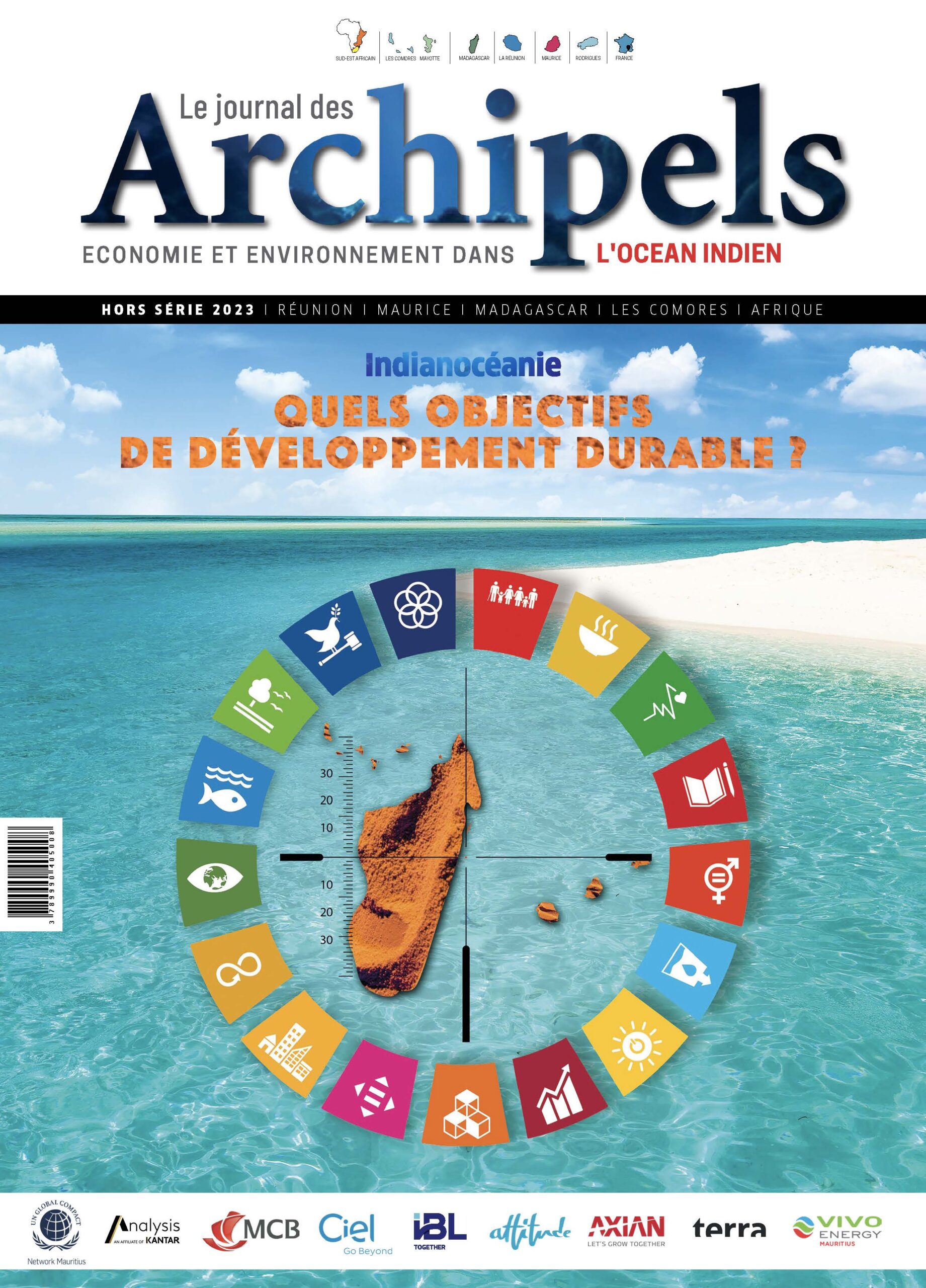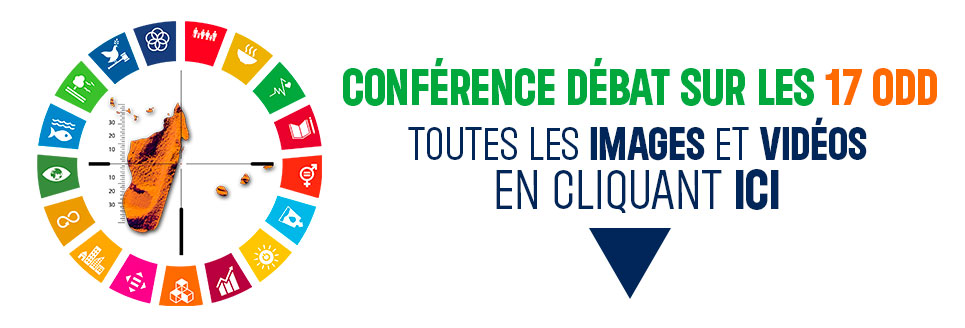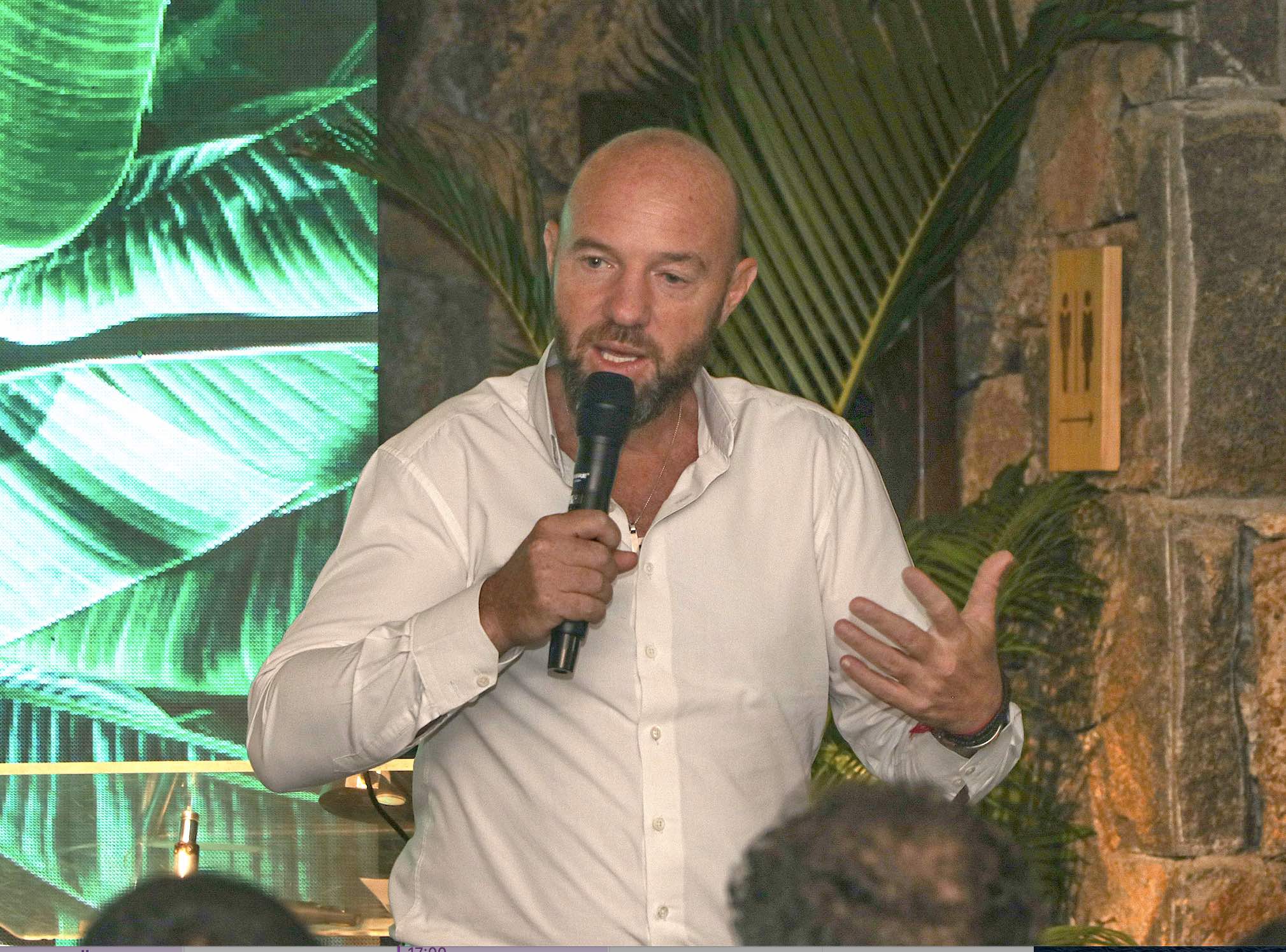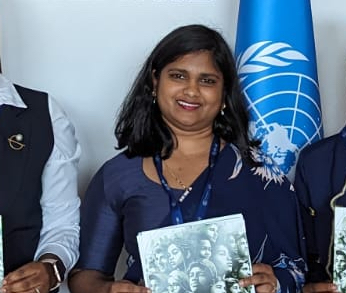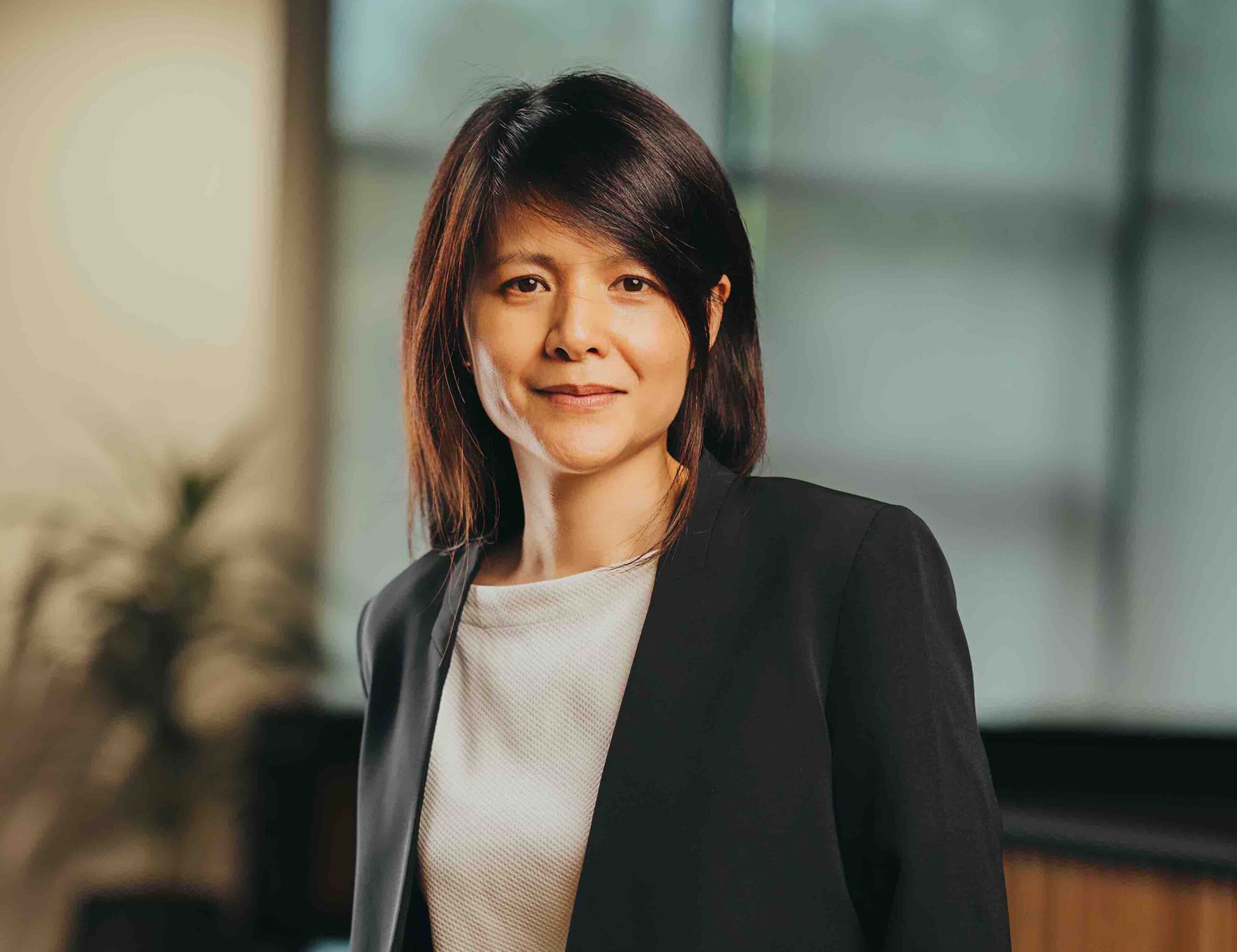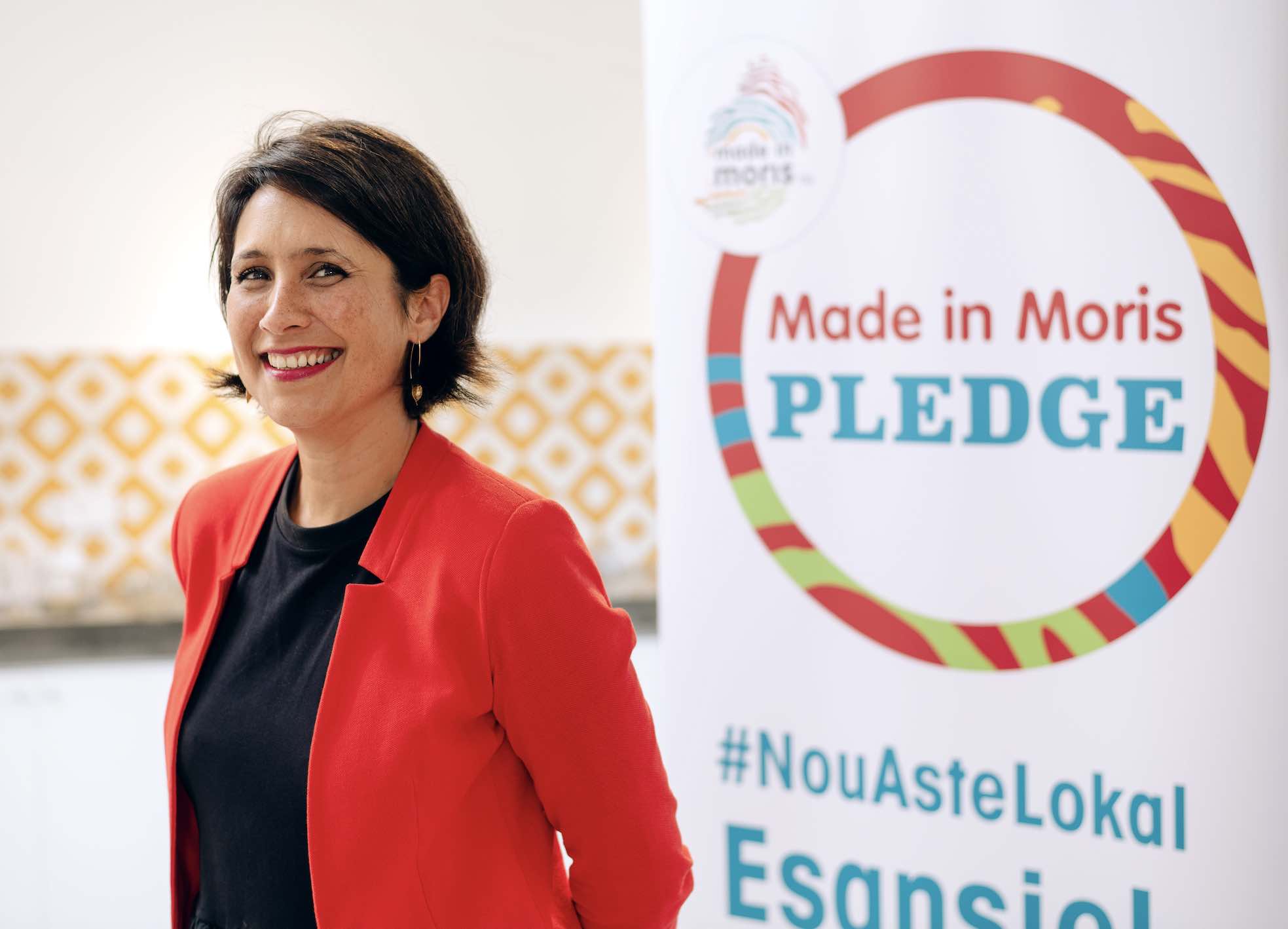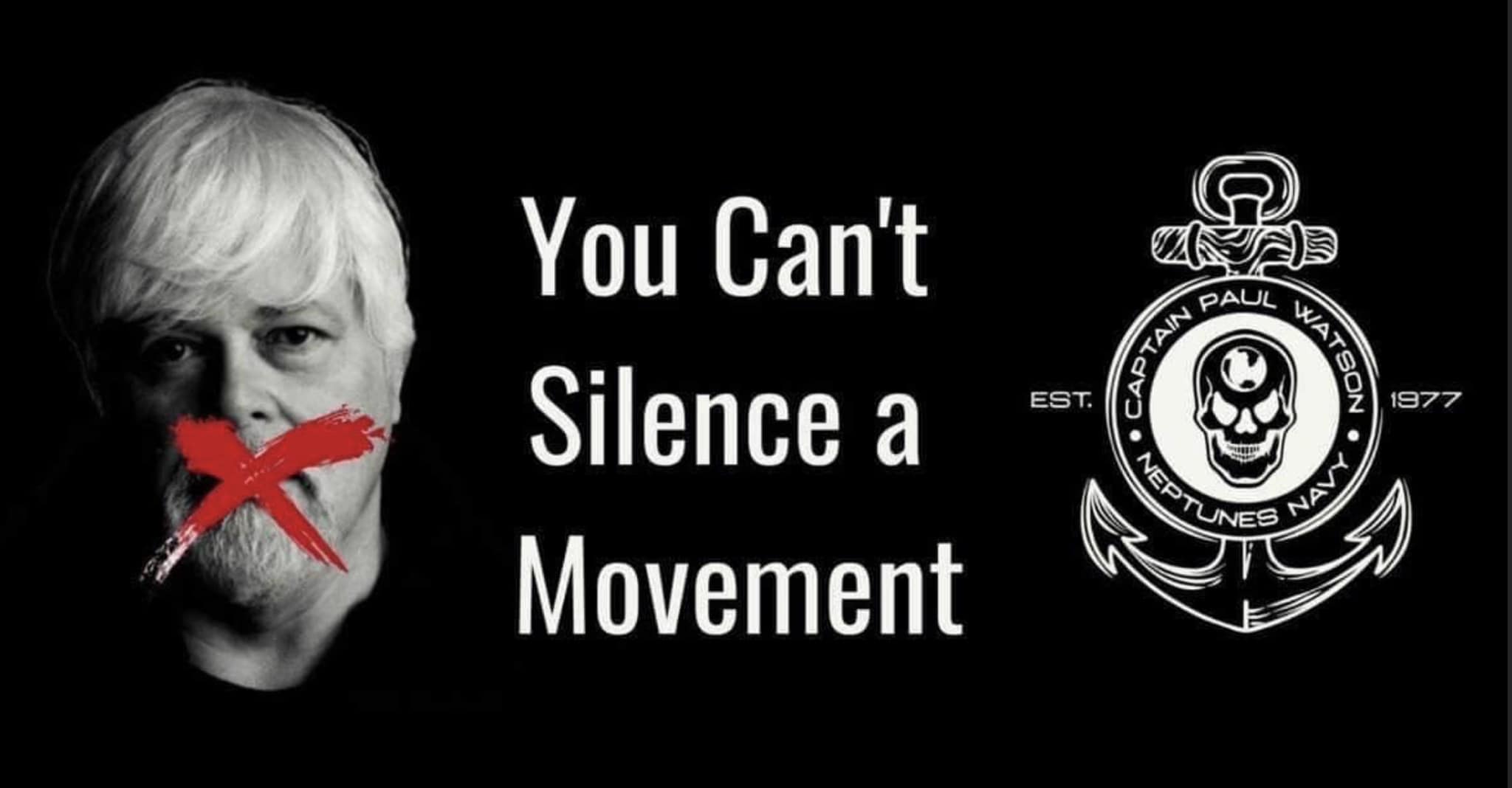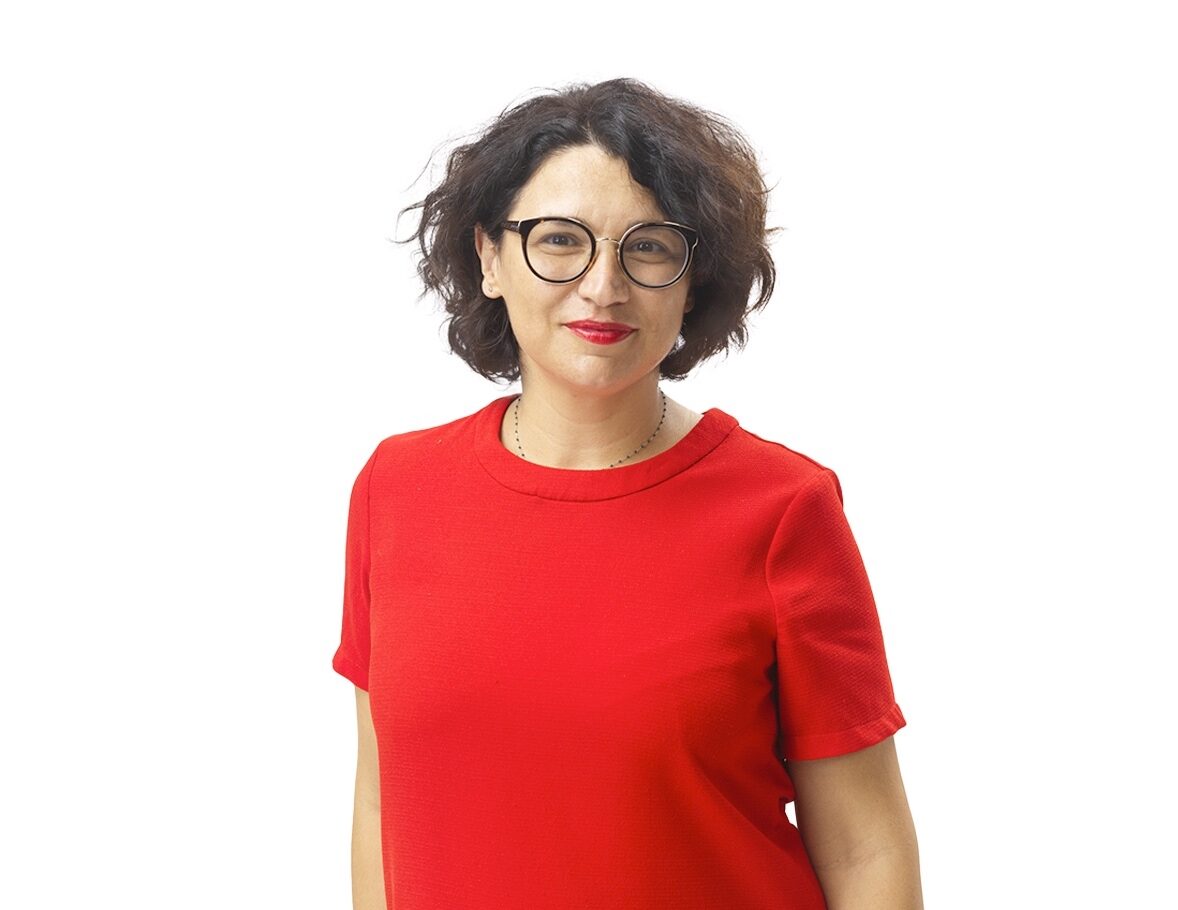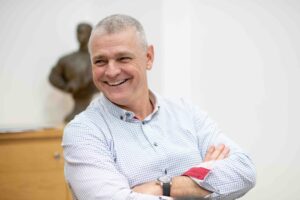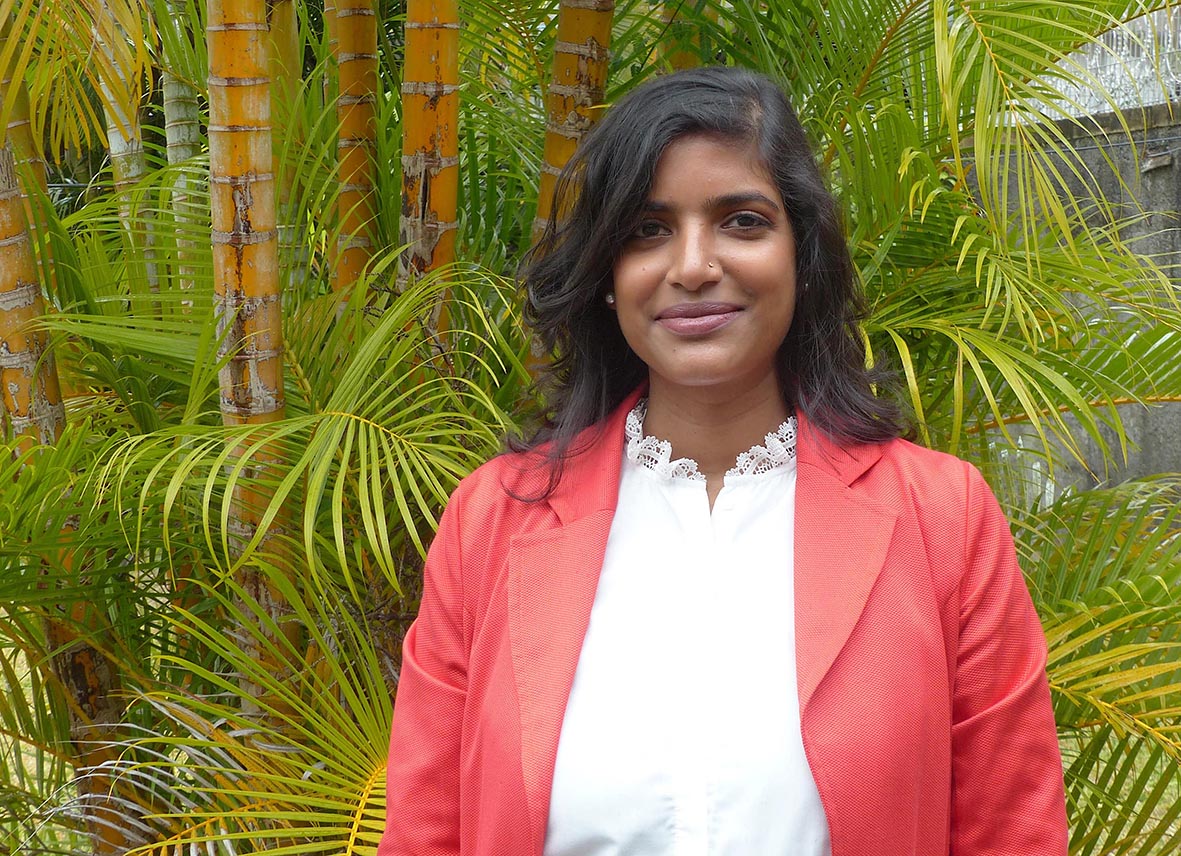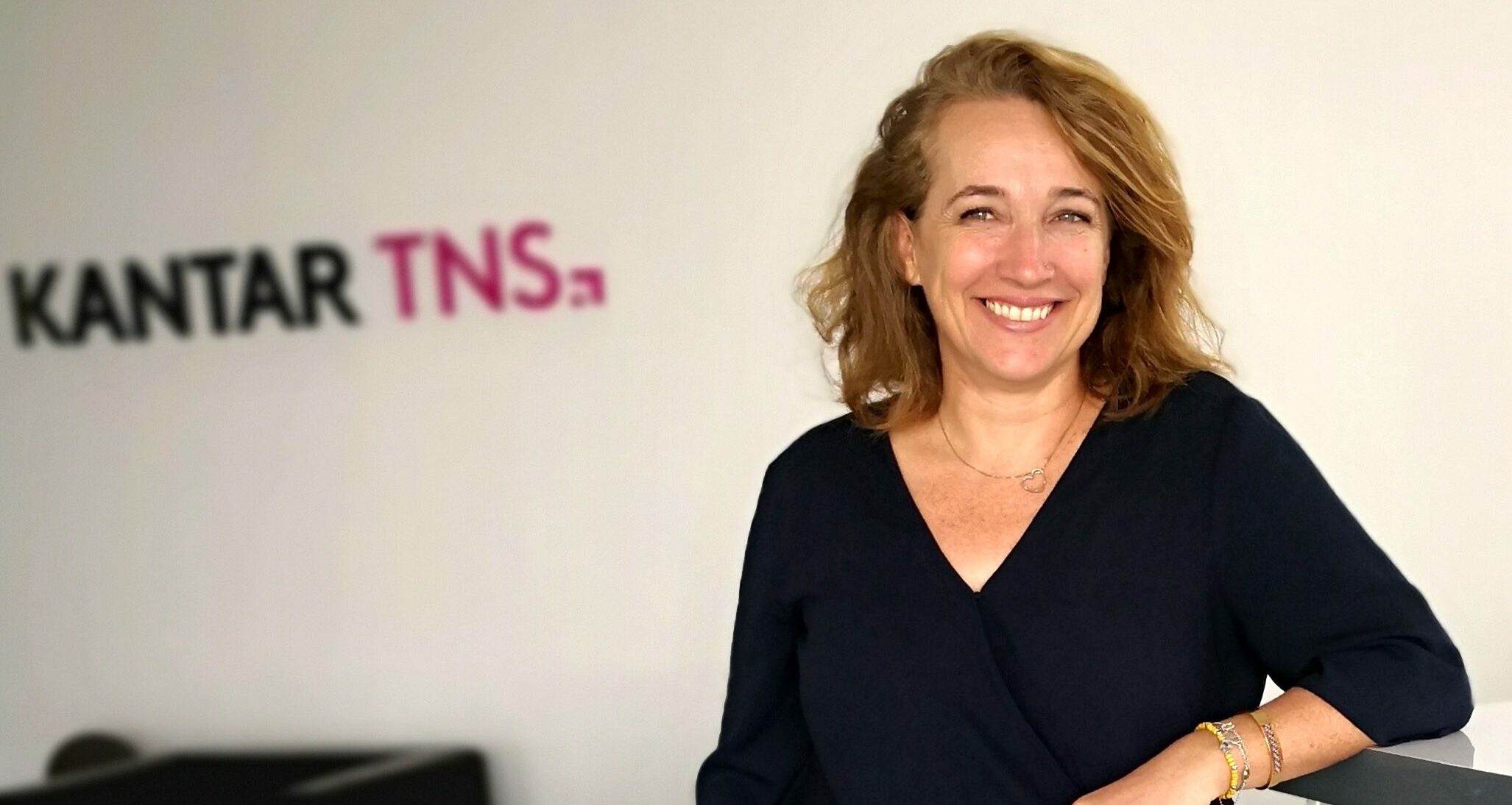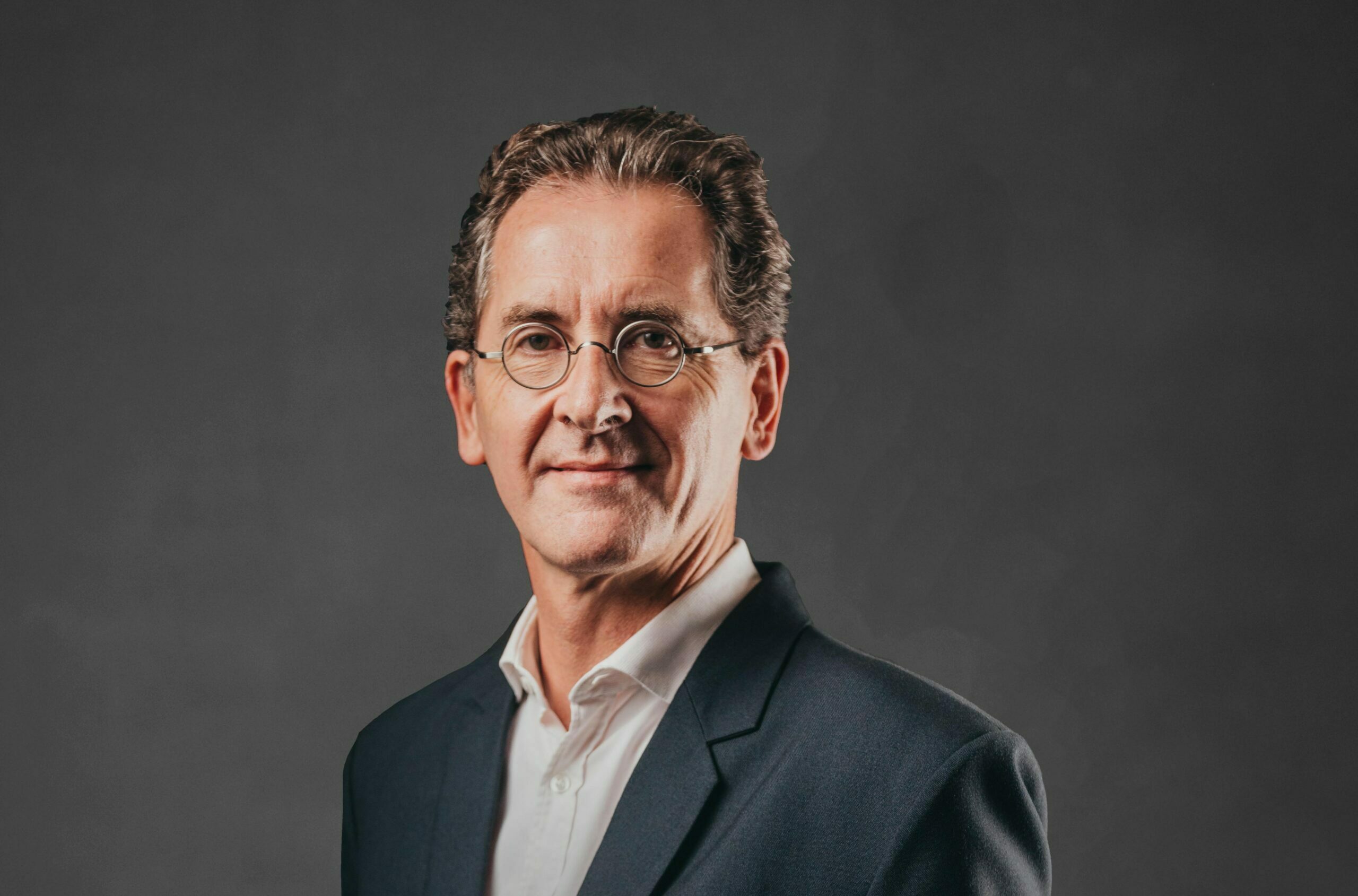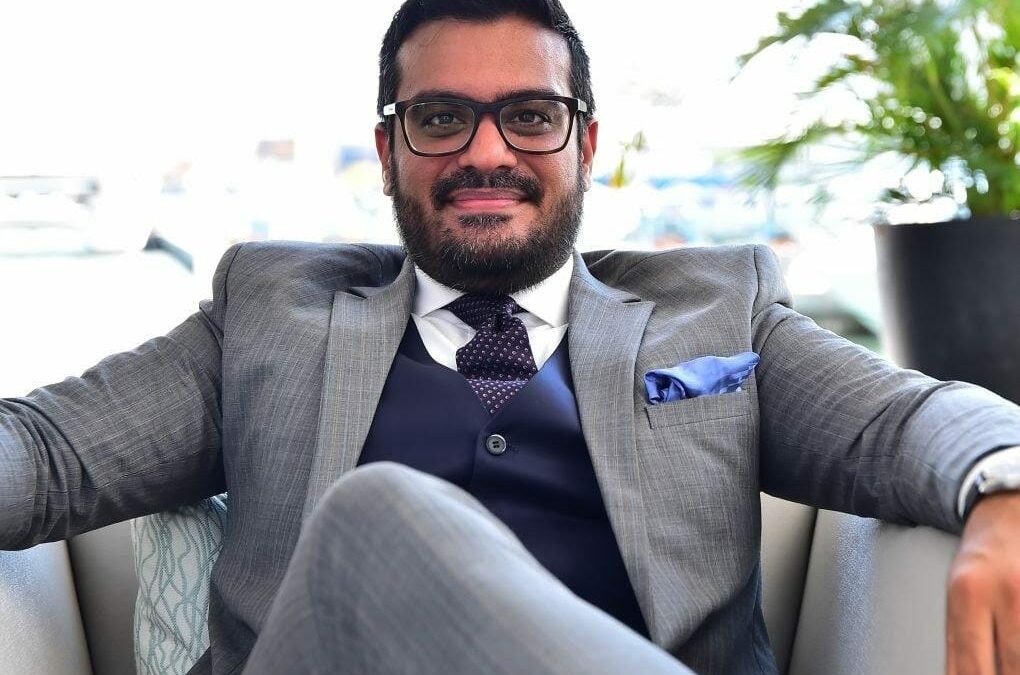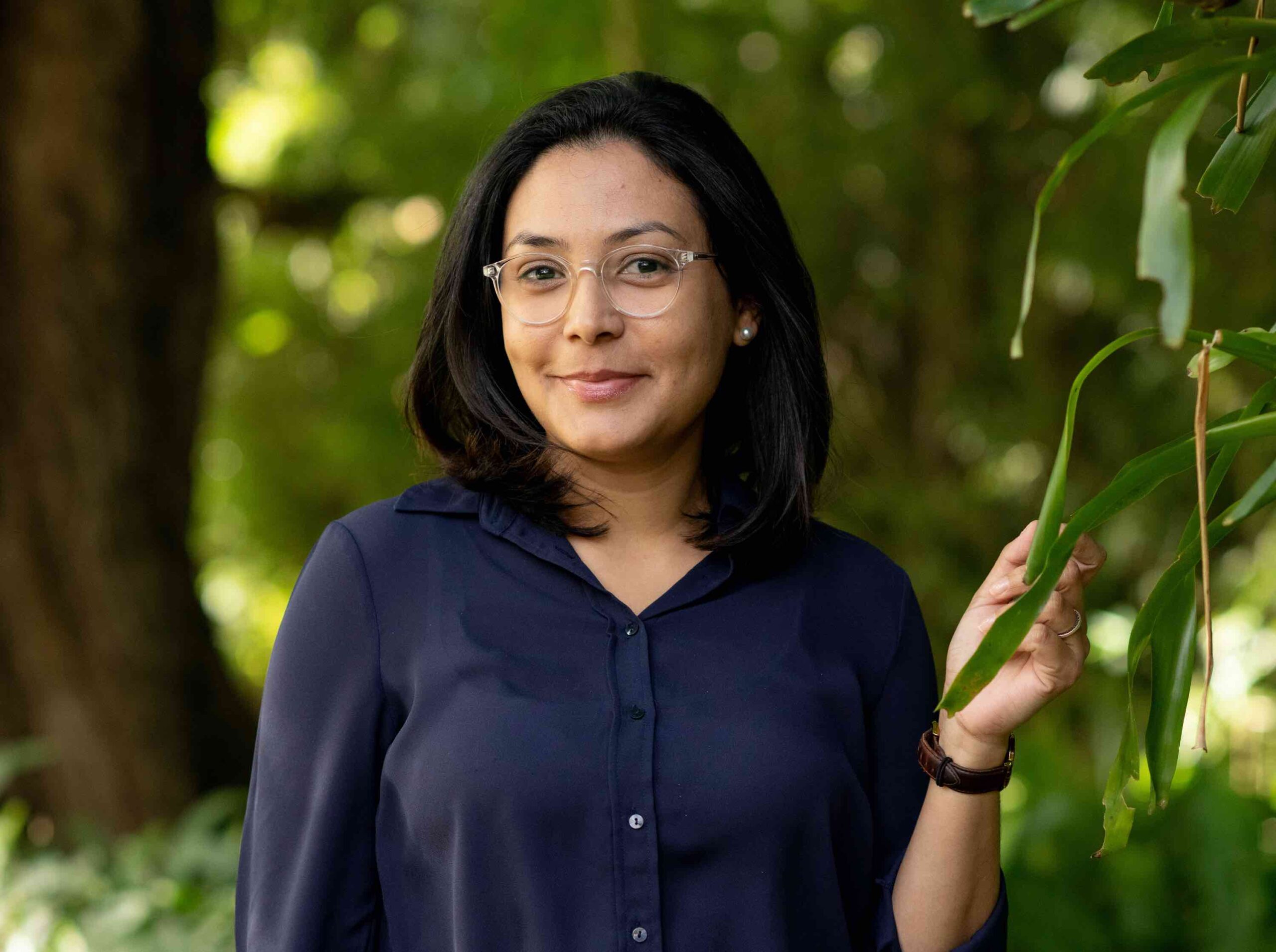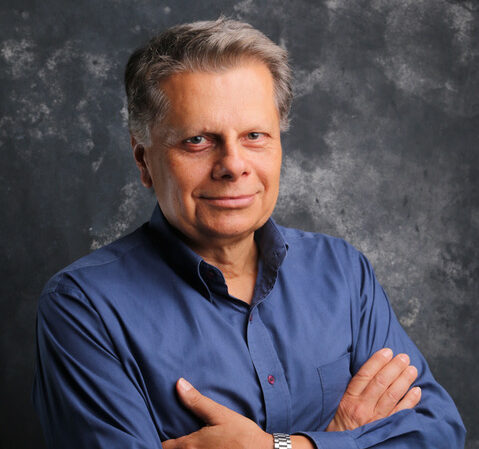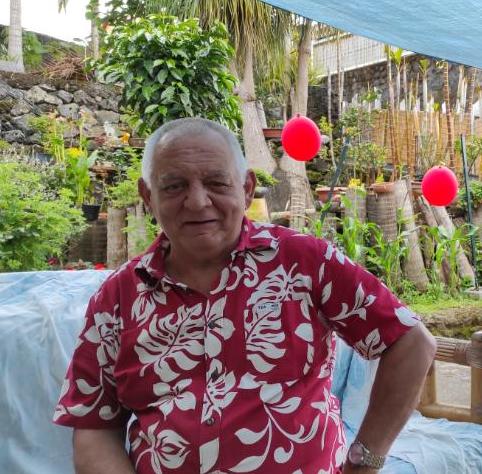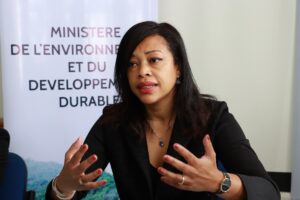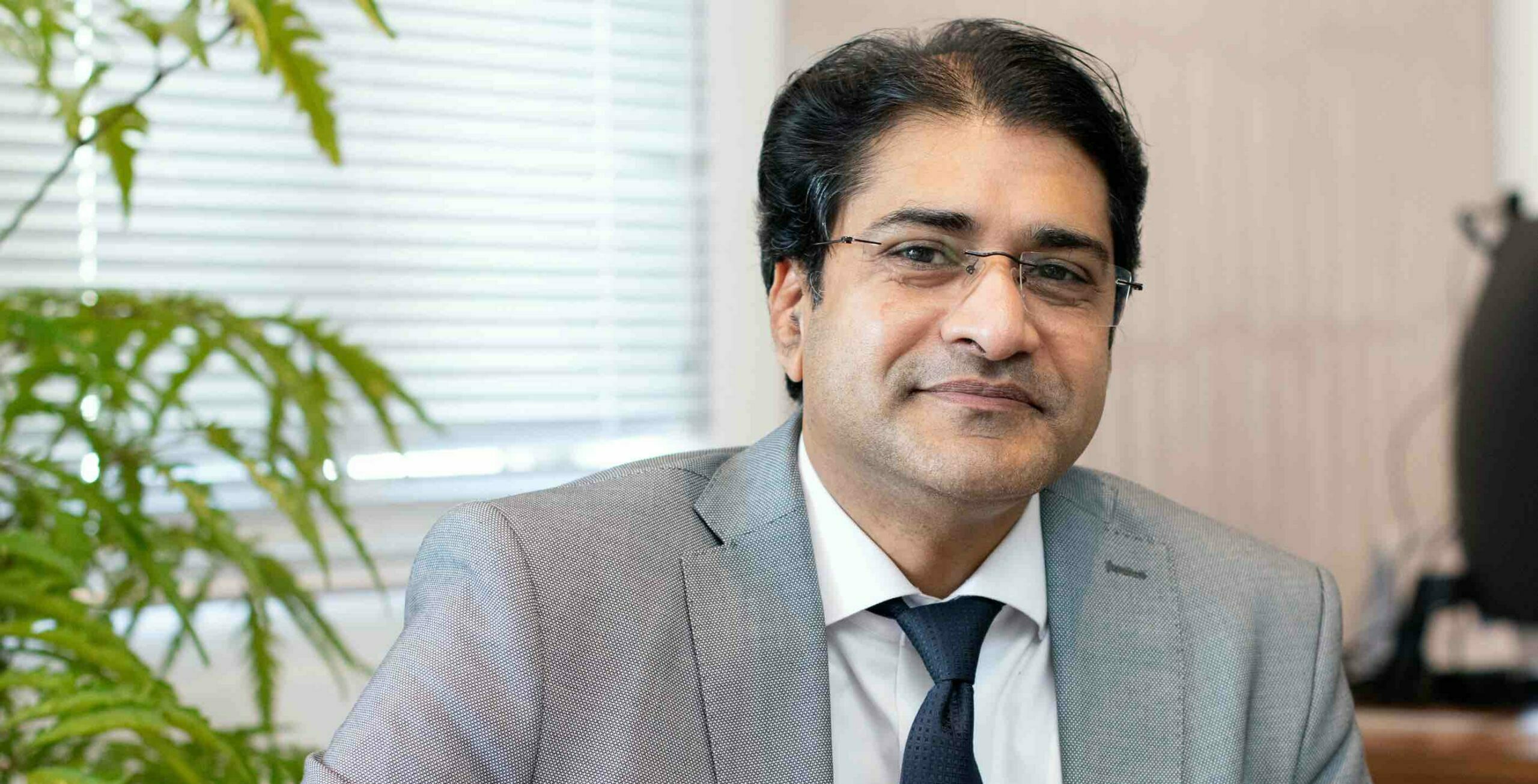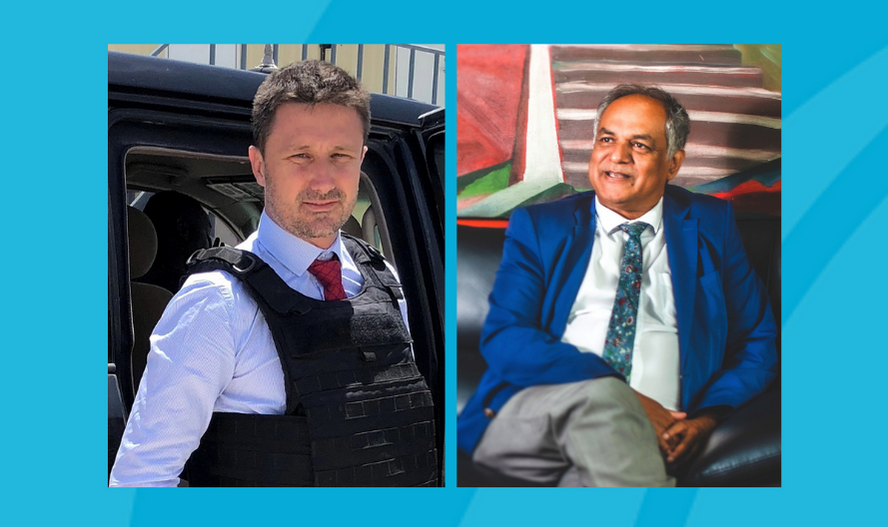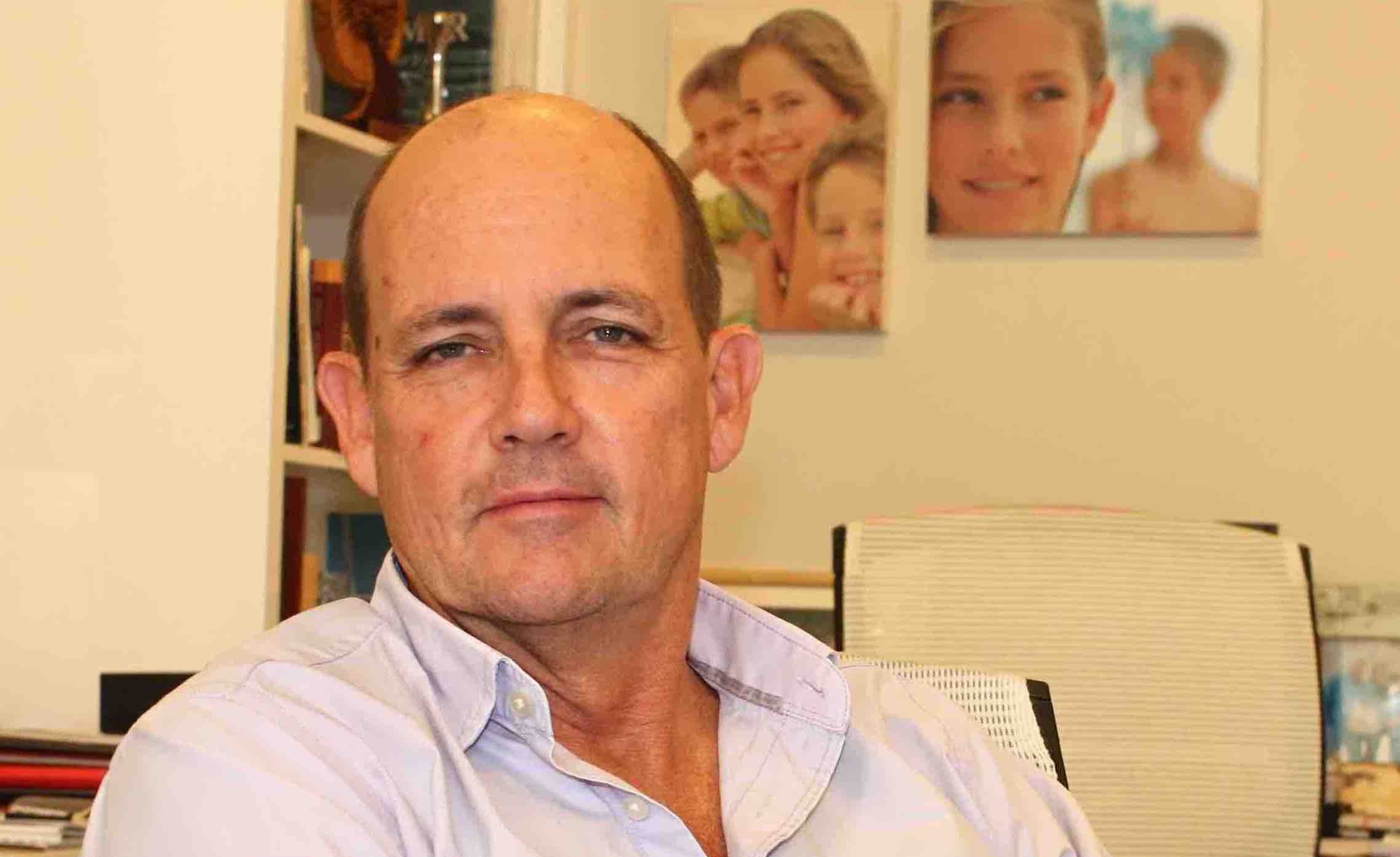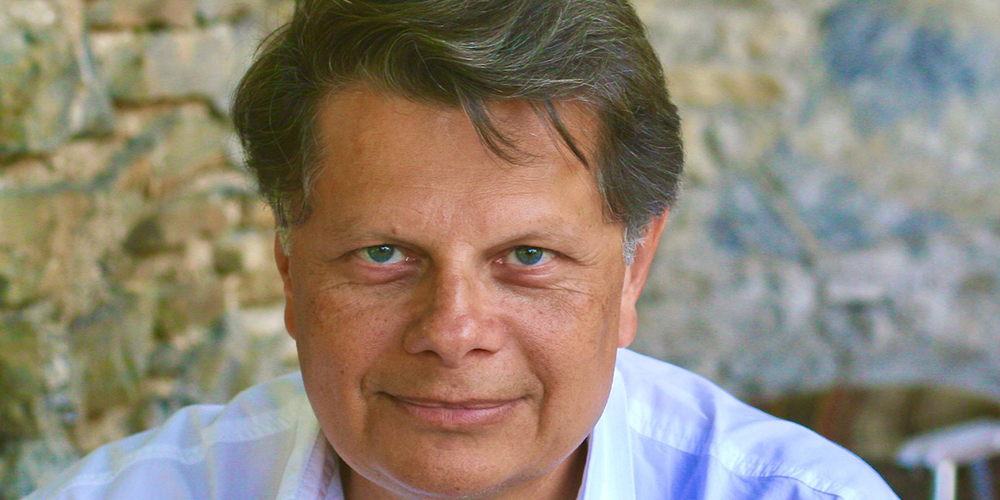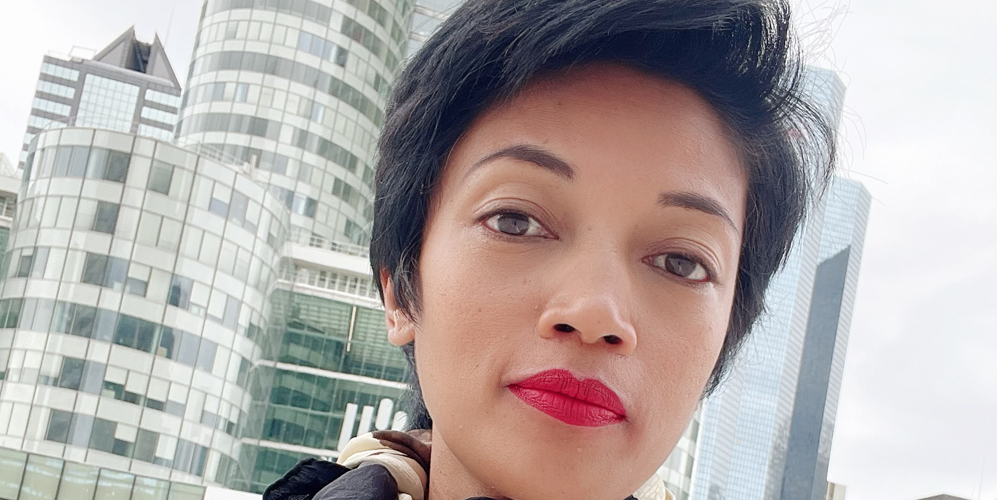At 54, the Group CEO of the country’s largest conglomerate (and second largest in the region with a turnover of nearly one billion euros in 2020), answers our questions on the strategic development of the IBL Group. While he remains in love with his country and “proud to be a Mauritian”, for him and the members of his board of directors, the relays of growth are to be sought today outside.
Interview by Alexandre Karghoo and Jacques Rombi
Photography by Fabien Dubessay
ITV published on our JDA 7 edition (August 2022)
Le Journal des Archipels: How is the IBL group doing at the time of the takeover and does the group still employ 25,000 people?
Arnaud Lagesse : The group is doing well. The period of covid-19, even if it was painful and full of challenges, allowed the group to refocus on certain activities. We have taken the necessary steps to restructure the balance sheets, strengthen the teams, recruit new talent and lay off very few people. We are coming out of a difficult two-year period with figures that remain solid and results that show a better performance than the “pre-pandemic” performance, with activities not yet fully back to normal. Regarding revenues, we were at nearly 42 billion in 2019, 37 billion in 2020-2021 and now we should be back up to 44-45 billion this year*.
We still have 25,000 employees in Mauritius, the Maldives, Reunion, Kenya, Ivory Coast and some activities in Brazil, Romania, India and China. We continue to diversify our activities. In Brazil, for example, we are undertaking small pre-clinical testing operations in Rio, accompanying our largest client, L’Oréal, for the CIDP (International Center for Pharmaceutical Development).
We have launched a renewable energy activity and created a team ex nihilo with skills to be found regionally and in Mauritius. Finally, we have recruited a number of new functions, at headquarters, in the Sustainability department in particular…
JDA: The government has expressed the wish to welcome as soon as possible the same number of tourists as before Covid-19 (1.3 million NDLR). In short, we continue to favor mass tourism. Shouldn’t we instead focus on more qualitative tourism (luxury tourism and ecotourism, for example)? Is this not an opportunity to rethink the type of tourists that Mauritius wishes to attract ?
What is the situation with the Salt of Palmar Hotel, which went into voluntary administration last year?
AL : I have a somewhat polemical point of view of course. We are in the high-end market and would have everything to gain in Mauritius by limiting the number of tourists. The race to the bottom scares me. I think we can do just as well with 800,000 or even a million tourists. Government decisions for decades have led to an explosion in the number of rooms, and we now have to fill these 13,000+ rooms, in different ranges. People have invested, as we have, and I don’t see how we can change the policy today.
The ecosystem of the sector goes beyond the simple room to fill, it affects the person who sells a day at Ile Plate, the T-shirt seller, the tomato supplier… Personally, I think we should focus on quality tourism. But how to limit ? I don’t have the answer, but I see today high occupancy rates for the high end of the market, with people spending more time in Mauritius and more money. If the number of tourists increases further, it will put pressure on natural resources, water, beach and lagoon management… I regret that the national budget, which is geared towards the middle and lower classes, has not committed to fundamental reforms in tourism.
Concerning the Salt of Palmar, it has come out of the voluntary administration. This period of administration allowed us to restructure and better prepare for a recovery. Today, it is running.
Salt is one of the group’s brands along with Tamassa and LUX*. In a hotel portfolio, it is important to have brands that represent the different ranges of hotels. Our positioning at the top end of the market with the LUX* hotels is paying off for the moment because since the recovery, this segment has been the most buoyant. We have a prohibitive ticket price and there is a certain exclusivity of travel. We can see that our five-star hotels are taking the lion’s share, while the four-star hotels are suffering more. The growth strategy means that we will position our brands in relation to the opportunities.
“Some riparian countries that have nothing to do with fishing are putting obstacles in the way.
JDA: The group is one of the world leaders in tuna fishing with its seafood hub and the Princess Tuna processing plant.
What is the status of the tuna fishing quotas?
How can we reconcile the sustainability of the activity with the control of the stocks?
AL : The answer is simple. You can’t be in an industry that involves investment, jobs and long-term market development, when the resource is declining. I think that any responsible operator and riparian countries should see the merits of managing the resource, even if it means reducing fishing – and therefore production – a little in order to be able to insert themselves in the long term. Today, this is not the case because certain riparian countries that have nothing to do with fishing are putting obstacles in the way.
JDA : But there is the Indian Ocean Tuna Commission…
AL : Have you ever seen politicians capable of solving many problems? And at the same time, what is the alternative? Each time we reach the edge of the precipice, there is a kind of awareness but it is often too late. It is alarming, but not completely, because the Skipjack is still in green in the availability scale.
However, we ask the government to be careful. We are among the five largest operators in the world and this industry employs a lot of people and adds a lot of value to the country.
JDA: In terms of the group’s strategic development, three priority areas have recently been identified: energy – health – regionalization.
Let’s start with renewable energies: what is your vision for 2030? It will probably not be a question of investing in photovoltaic alone. What will be the role of IBL Energy?
What is the status of the SkySails project, this kite to produce energy? Why this discretion about this ambitious and innovative project?
AL : We are the first historical operator in renewable energy in Mauritius, since 1984, with the transformation of bagasse into electricity. It is true that these plants were coupled with coal and continue to be so. Now that the technology is evolving, particularly in photovoltaics, we see that there is a niche to be filled. The regulatory authorities are integrating renewable energies into their reasoning, we are entrepreneurs and we are observing the opportunities, the technologies, the people and the skills to continue our momentum.
In fact we are shoemakers who want to put on the right shoes. We did the Alteo farm with Quadran and we are in the middle of calls for tender for other projects in Mauritius, but also in Kenya, in Nairobi, where a team is working 24/7 to develop photovoltaics there. In short, we have great ambitions for local and regional growth.
SkySail is still an R&D (research and development) initiative that works, a kite is already flying on the side of Olivia, in the East of the country.
JDA: What is the strategy for the health sector?
AL : We are in full development in Mauritius with initiatives for day and outpatient clinics both in the north and west of the island. We recently acquired a stake in the Bon Pasteur clinic and we are moving forward with an in-house implementation strategy and also with patient support beyond the clinic.
We are also in the process of developing medical distribution in East Africa. This is part of the objectives that connect the regional development points and it integrates our “IBL beyond borders” strategy.
“There are big reforms that are not being done and that worries me.”
JDA: The third point of strategic development concerns the regionalization of the group. This indirectly raises the question of its future in Mauritius.
In this context of internationalization, is the neighboring island of La Réunion attractive?
AL : Reunion Island is an interesting market with an attractive purchasing power. It is true that the tax and administrative framework is complicated, but after analyzing all the decrees that allow for tax exemption or investment promotion, the framework remains interesting. We also responded positively to the initiative of President Macron when he came to promote “Choose La Réunion” in 2019.
Regarding Mauritius, the country is facing major challenges and is not helped by the current international context. It is complicated everywhere. I find that the country needs to reform on many issues. We are not tackling the fundamental reforms that would make tomorrow better, even if it may be difficult today. There is a mismatch between employment and training needs. Mauritius is too isolated and the whole reform of logistics would be necessary. Health care is now being taken over by the private sector. And there is also the whole reform of the destination Mauritius that we have just talked about. The financial services sector has been affected by the blacklisting, measures have been taken, but when you see what is happening in horse racing, you have to wonder if we are not on the verge of another problem. There are big reforms that are not made and that worries me.
At the group level, we continue to support local development, but we realize that growth will now be much more international.
“Don’t put your eggs in one basket
JDA In summary of our interview, it appears that the national context seems complicated today. What are the consequences for the group ?
AL : The group invests in Côte d’Ivoire and elsewhere. Instead of investing here, we diversify our horizon with a business that we know, elsewhere, so as not to put our eggs in the same basket. In tourism, this is a good example: when the country remained closed for 18 months and the hotels did not work, it was a disaster! In the Maldives, Reunion or China, thanks to the large domestic market, we were able to continue working.
Today, many groups are thinking about this territorial diversification, driven by a certain economic and fiscal reality, the fact that talent is not available or that there is an exodus of talent. All this means that we are looking elsewhere. On the example of the tuna market, we continue to play our role, but if tomorrow we were asked to invest a billion dollars, I would think twice.
I presented to our board a few months ago a strategy that I call the IBL Beyond Borders strategy. I am certainly not abandoning the local market – we have spent 2.8 billion rupees (nearly €60 million) on the LUX* Grand Baie, which brings Mauritius up to international standards – but having said that, I am thinking more and more about the international market, because firstly, the group is big and is rapidly reaching its territorial and market limits, and secondly, to diversify the risks linked to the country.
IBL invests heavily in Kenya
As we close this edition, our editorial staff has been informed of a major investment by IBL in the Kenyan supermarket chain Naivas. This information confirms the group’s desire to diversify internationally. Excerpts: “IBL Group, along with its partners Proparco, a subsidiary of the French Development Agency (AFD) and DEG, a subsidiary of the German institution KfW Group, are the main investors in the consortium that has signed an agreement to acquire 40% of the shares of Naivas International (Mauritius) Ltd (www.naivas.co.ke), which holds 100% of the shares of Naivas Ltd, a leading supermarket chain in Kenya. The transaction is subject to certain conditions.
After consolidating its position in the Indian Ocean, IBL unveiled its “IBL Beyond Borders” strategy at its November Analyst Meeting, with a focus on East Africa. The investment in Naivas is the first step in this new strategy and represents the largest investment in the history of IBL Ltd.
Since the inception of “IBL Beyond Borders”, Mauritius’ leading conglomerate has identified the retail sector as one of the key investment areas for its expansion in East Africa. IBL Group has nearly 30 years of expertise in this area through the operation of the leading supermarket chain Winners in Mauritius.
*One billion Mauritian rupees is worth approximately 21.1 million euros at the beginning of July 2022.
Read more about the group’s activities on our website :
Développement durable : CIDP Maurice classé parmi les entreprises mondiales les plus performantes


